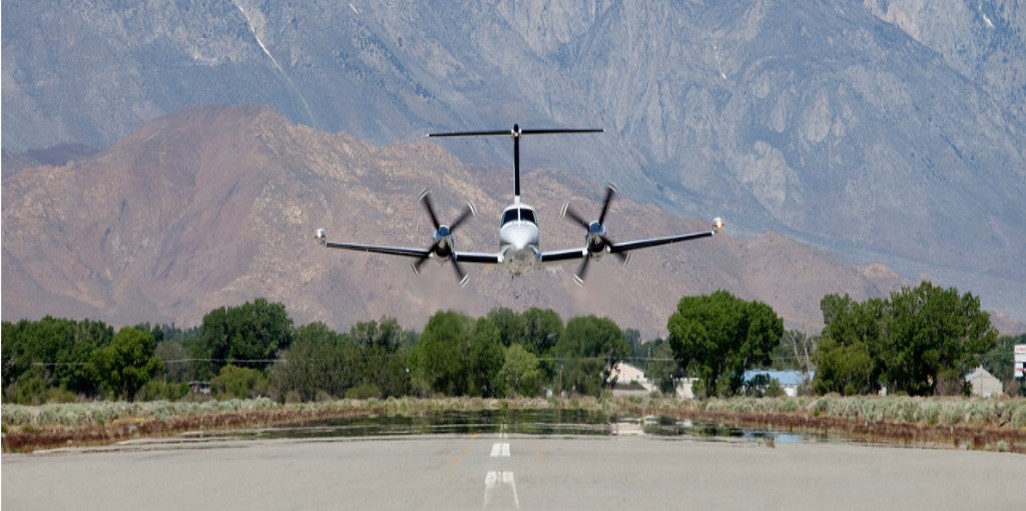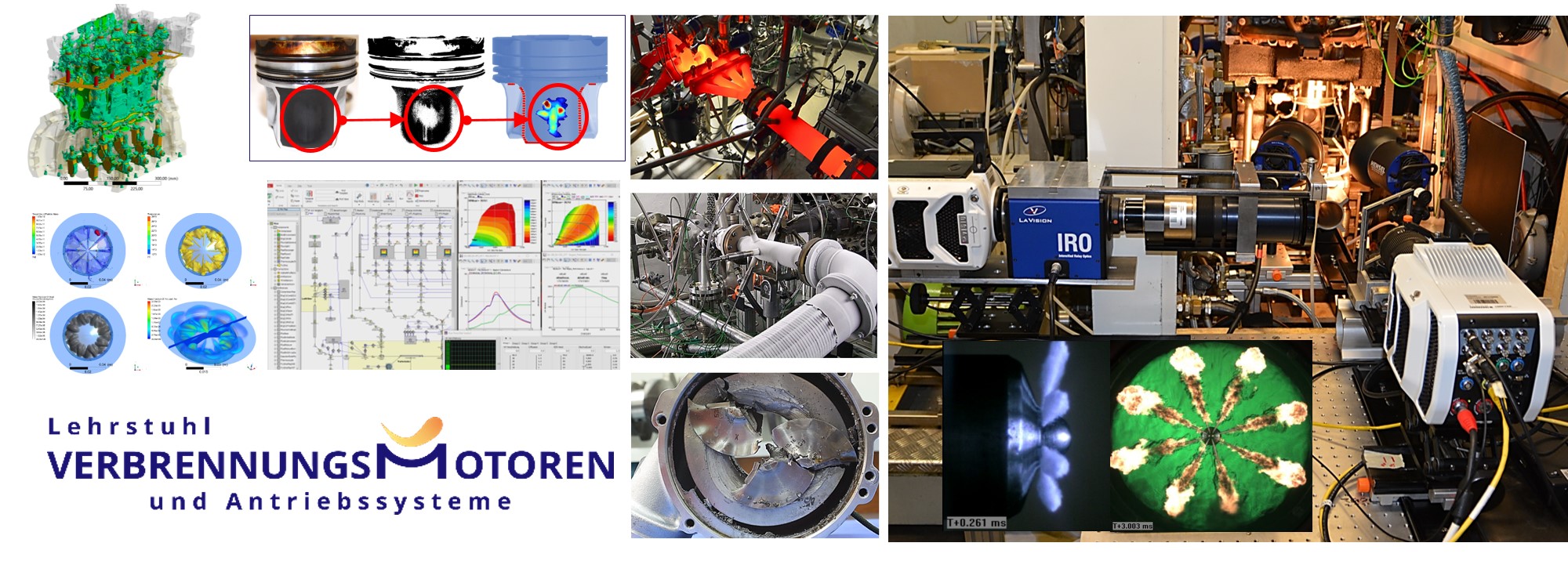The world of mobility today is affected crucially by the transition to renewable energy systems and the request for ever reduced pollutant emissions. This will also affect aviation in many ways.
For general aviation, the combustion engine is by far the dominant source of propulsion. One essential reason for this is the high volumetric and gravimetric energy density of liquid hydrocarbon fuels. For decades combustion engines have offered robust and reliable service at acceptable cost. However, the demand for low-CO2, CO2-neutral or CO2-free operation will markedly determine future developments. For this, existing systems will need to be advanced to renewable fuels and hybridisation. Also, new systems may need to be invented from scratch. Future powertrain systems, hence, will be more complex and their development can only be successful with to employment of innovative simulation and test methods.
General Aviation Propulsion Systems, GAPS, were a traditional and elementary part of scientific research and applied teaching ever since the Chair of Combustion Engines was established at the TU Dresden. This field was extended consistently from the singular engine to complex powertrain systems in the last two decades. The methodical bandwidth, i.e. the modular toolbox of development and research, ranges from the simulation of complex systems to the real life test on novel test beds as well as in flight.
The GAPS-DRESDEN, being an expert event, offers an excellent platform for the exchange on current questions and future challenges. It will intensify existing networks between powertrain and aircraft OEMs, component suppliers, engineering providers, air field operators, as well as supervisory and homologation bodies and the legislator. It will open up new opportunities for the cooperation toward ever more efficient and sustainable powertrains in general aviation.
Main Focus
- new legislation, homologation, standardisation
- conventional and renewable fuels
- emission reduction concepts
- new powertrains, engines, components
- challenges of system integration
- numeric methods in the development process
- new experimental tools
- innovative control systems and on-board-diagnose
- predictive maintenance and artificial intelligence
Wir freuen uns auf Ihre Teilnahme am 26. November 2025 in Dresden!
Exhibition The event also offers an exhibition for your products and services in General Aviation. For further information, please refer to the registration form.
Sunny greetings and a good flight from the GAPS team in Dresden


